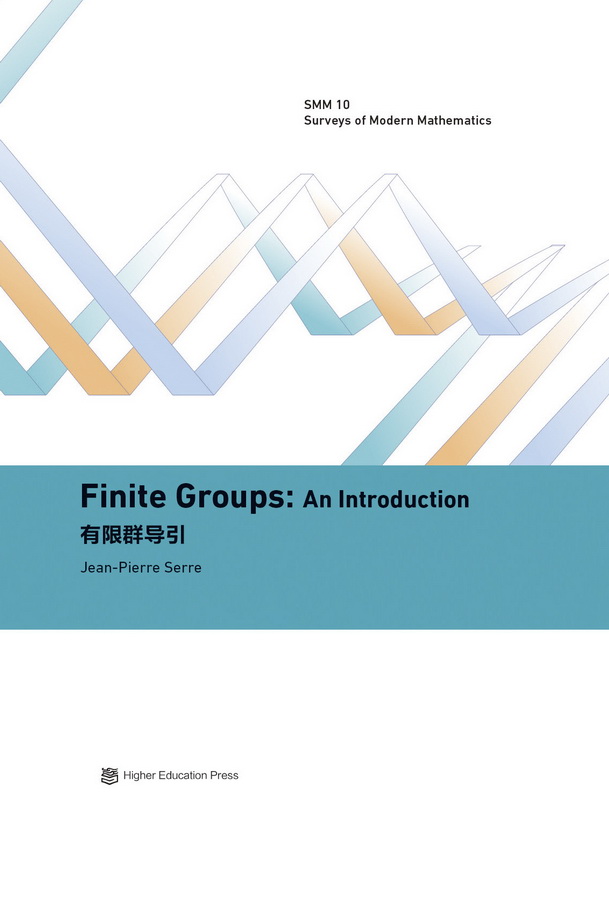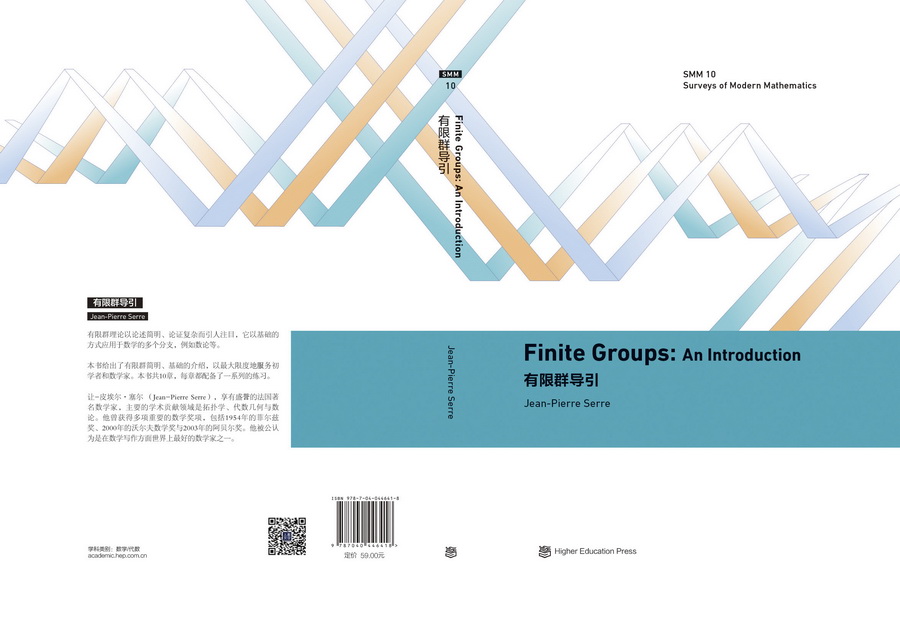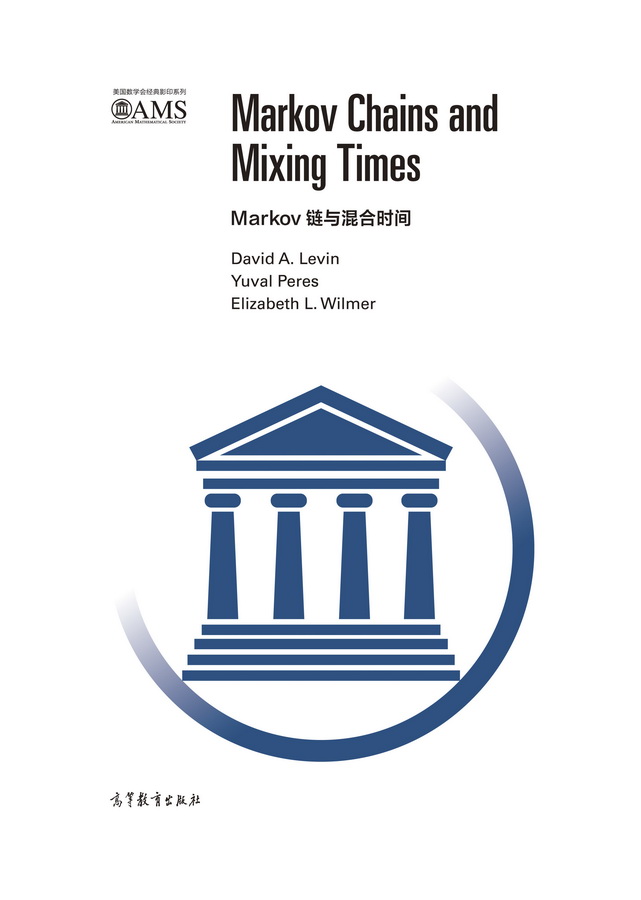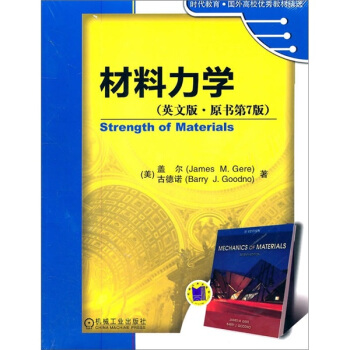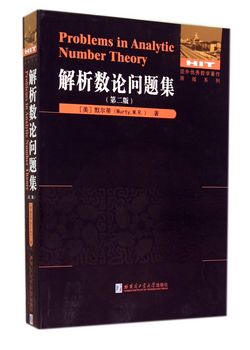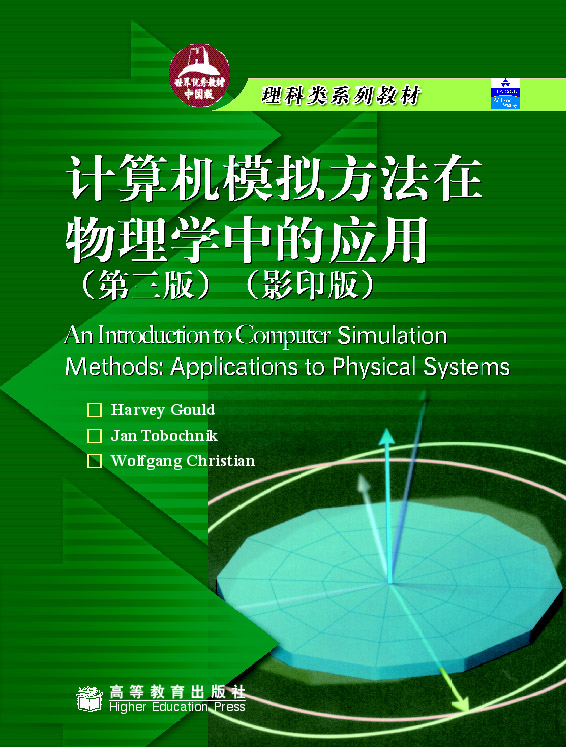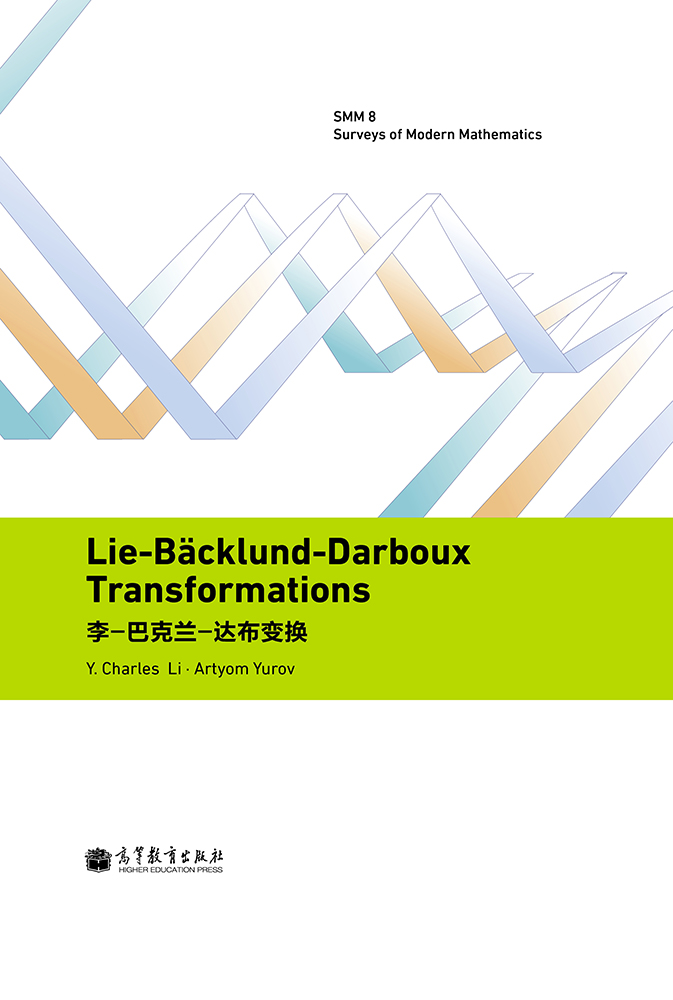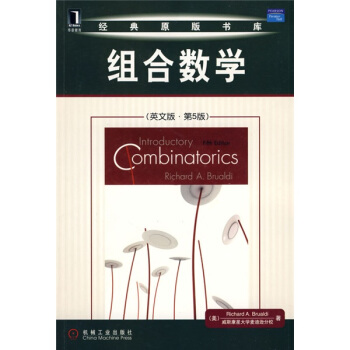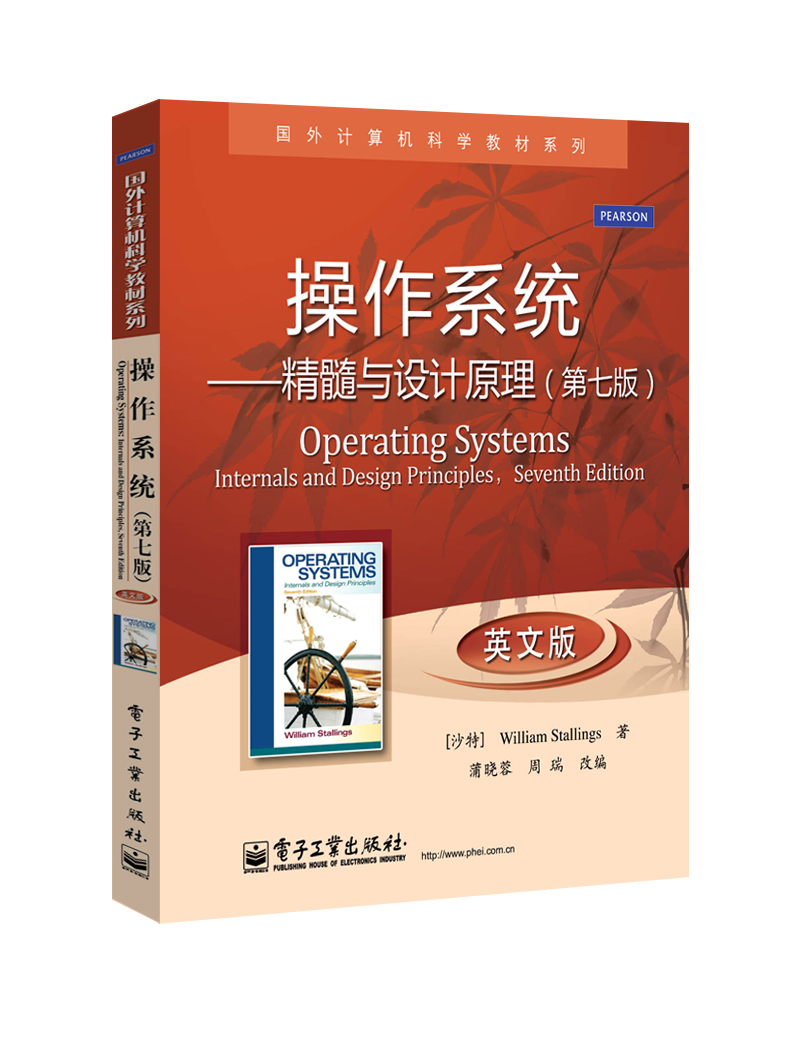有限群导引(英文版)
作者: Jean-Pierre Serre
出版时间:2016-04
出版社:高等教育出版社
- 高等教育出版社
- 9787040446418
- 1版
- 46764
- 48265962-0
- 精装
- 16开
- 2016-04
- 230
- 181
- 理学
- 数学类
- O152.1
- 数学类
- 研究生及以上
有限群理论以在论述上简明、但在论证上简单而引人注目。并且以基础的方式应用于数学的多个分支,例如数论。
本书给出了有限群简明、基础的介绍,以最大限度地服务初学者和数学家。本书共10章,每章都配备了一系列的练习。
Preface
Conventions and Notation
1 Preliminaries
1.1 Group actions
1.2 Normal subgroups, automorphisms, characteristic subgroups, simple groups
1.3 Filtrations and Jordan-Hölder theorem
1.4 Subgroups of products: Goursat’s lemma and Ribet’s lemma
1.5 Exercises
2 Sylow theorems
2.1 Definitions
2.2 Existence of p-Sylow subgroups
2.3 Properties of the p-Sylow subgroups
2.4 Fusion in the normalizer of a p-Sylow subgroup
2.5 Local conjugation and Alperin’s theorem
2.6 Other Sylow-like theories
2.7 Exercises
3 Solvable groups and nilpotent groups
3.1 Commutators and abelianization
3.2 Solvable groups
3.3 Descending central series and nilpotent groups
3.4 Nilpotent groups and Lie algebras
3.5 Kolchin’s theorem
3.6 Finite nilpotent groups
3.7 Applications of 2-groups to field theory
3.8 Abelian groups
3.9 The Frattini subgroup
3.10 Characterizations using subgroups generated by two elements
3.11 Exercises
4 Group extensions
4.1 Cohomology groups
4.2 A vanishing criterion for the cohomology of finite groups
4.3 Extensions, sections and semidirect products
4.4 Extensions with abelian kernel
4.5 Extensions with arbitrary kernel
4.6 Extensions of groups of relatively prime orders
4.7 Liftings of homomorphisms
4.8 Application to p-adic liftings
4.9 Exercises
5 Hall subgroups
5.1 π-subgroups
5.2 Preliminaries: permutable subgroups
5.3 Permutable families of Sylow subgroups
5.4 Proof of theorem 5.1
5.5 Sylow-like properties of the π-subgroups
5.6 A solvability criterion
5.7 Proof of theorem 5.3
6 Frobenius groups
6.1 Union of conjugates of a subgroup
6.2 An improvement of Jordan’s theorem
6.3 Frobenius groups: definition
6.4 Frobenius kernels
6.5 Frobenius complements
6.6 Exercises
7 Transfer
7.1 Definition of Ver : Gab → Hab
7.2 Computation of the transfer
7.3 A two-century-old example of transfer: Gauss lemma
7.4 An application of transfer to infinite groups
7.5 Transfer applied to Sylow subgroups
7.6 Application: groups of odd order <2000
7.7 Application: simple groups of order <=200
7.8 The use of transfer outside group theory
7.9 Exercises
8 Characters
8.1 Linear representations and characters
8.2 Characters, hermitian forms and irreducible representations
8.3 Schur’s lemma
8.4 Orthogonality relations
8.5 Structure of the group algebra and of its center
8.6 Integrality properties
8.7 Galois properties of characters
8.8 The ring R(G)
8.9 Realizing representations over a subfield of C, for instance the field R
8.10 Application of character theory: proof of Frobenius’s theorem 6.7
8.11 Application of character theory: proof of Burnside’s theorem 5.4
8.12 The character table of A5
8.13 Exercises
9 Finite subgroups of GLn
9.1 Minkowski’s theorem on the finite subgroups of GLn(Q)
9.2 Jordan’s theorem on the finite subgroups of GLn(C)
9.3 Exercises
10 Small Groups
10.1 Small groups and their isomorphisms
10.2 Embeddings of A4, S4 and A5 in PGL2(Fq)
Bibliography
Index of names

